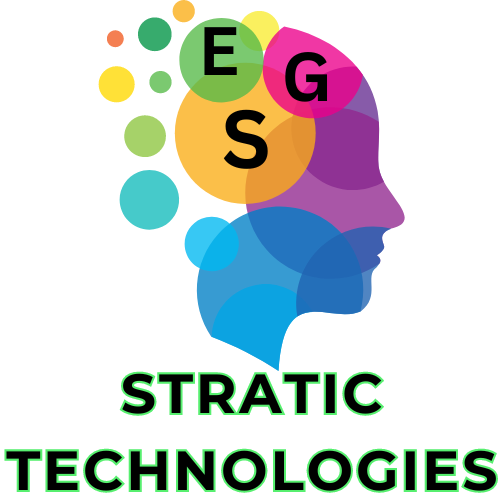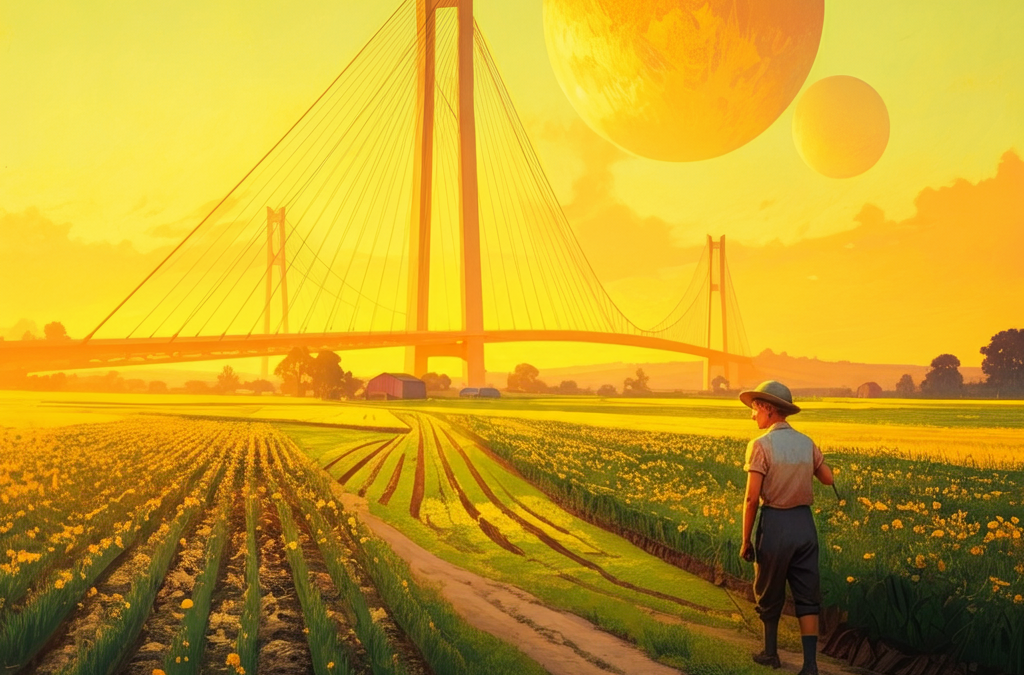In an era of climate change and resource scarcity, the agricultural sector is turning to cutting-edge technology to meet the world’s growing food demands. The fusion of Artificial Intelligence (AI) and the Internet of Things (IoT), known as AIoT, is ushering in a new age of precision agriculture that promises to transform farming practices, boost crop yields, and enhance sustainability.
At the forefront of this agricultural revolution is precision farming. By combining IoT sensors with AI analytics, farmers can now optimize their practices with unprecedented accuracy. These systems collect real-time data on soil conditions, weather patterns, and crop health, while AI algorithms analyze this information to provide insights for precise irrigation, fertilization, and pest control strategies. The result is improved crop yields and significantly enhanced resource efficiency.
Drones have also become indispensable tools in modern agriculture. AI-powered agricultural drones are now capable of autonomously surveying vast areas, identifying issues such as pest infestations or irrigation problems, and even taking action by spraying pesticides or planting seeds. This technology allows farmers to monitor their crops with a level of detail and efficiency previously unimaginable.
Livestock management has seen similar advancements. AIoT systems equipped with sensors and AI algorithms can track the health, location, and behavior of animals in real-time. This technology enables early disease detection, optimizes feeding practices, and improves breeding strategies. Some systems are even sophisticated enough to predict when animals are about to give birth, revolutionizing animal husbandry.
Water management, a critical concern in many agricultural regions, has been dramatically improved through automated irrigation systems. These smart systems utilize soil moisture sensors and weather data, combined with AI algorithms, to optimize water usage. By automatically adjusting irrigation based on real-time conditions and crop needs, these systems conserve water while ensuring optimal plant growth.
Predictive analytics is another game-changer in crop management. AI models now analyze data from IoT sensors, satellite imagery, and historical records to forecast crop yields, predict disease outbreaks, and determine optimal harvest times. This allows farmers to make data-driven decisions and mitigate risks more effectively than ever before.
The future of harvesting is also being reshaped by AIoT. AI-powered robots are being developed to autonomously harvest crops, using computer vision and machine learning to identify ripe produce and pick it without causing damage. This technology promises to address labor shortages and increase harvesting efficiency.
In greenhouse settings, AIoT systems are creating optimal growing environments by automatically controlling temperature, humidity, lighting, and CO2 levels based on plant needs. AI algorithms optimize these conditions for maximum growth and energy efficiency, pushing the boundaries of what’s possible in controlled agriculture.
Even soil and crop health monitoring has been revolutionized. Advanced sensors combined with AI can now analyze soil composition and crop health at a microscopic level, providing early warnings of nutrient deficiencies or disease outbreaks before they become visible to the human eye.
The benefits of AIoT extend beyond the farm, optimizing the entire agricultural supply chain. These systems can track products from farm to table, ensuring food safety and reducing waste. AI algorithms predict demand and optimize logistics, creating a more efficient and sustainable food system.
Finally, AIoT is helping farmers adapt to an increasingly unpredictable climate. AI models analyze data from IoT weather stations and satellites to provide hyper-local, short-term weather predictions. This empowers farmers to make timely decisions about planting, harvesting, and protecting crops from extreme weather events.
As these innovative AIoT applications continue to evolve, they are transforming agriculture into a more efficient, sustainable, and resilient industry. By combining the data collection capabilities of IoT with the analytical power of AI, smart farming technologies are not just improving current practices – they’re revolutionizing the very nature of agriculture. In the face of global challenges like climate change and food security, these advancements offer hope for a more sustainable and productive agricultural future.

